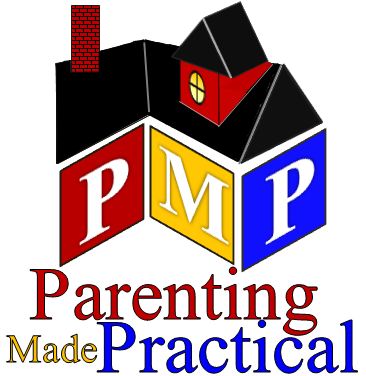Nicole Lee
April 16, 2025

“You are trying to navigate the supermarket, thankful your 3 yr. old is obeying you by keeping his hand on the cart as he walks beside you and your 1 yr. old is happily playing in the front seat of the cart. Around the corner zooms a child about 7 yrs. of age, knocking into your cart and your 3 yr. old. This kid runs down the aisle without stopping, and turns around when he comes to the end and starts running back up the aisle where you still are.
When he gets to you, being prepared this time, you step in front of him, asking him where his mother is. He shrugs and tells you he doesn’t know. You block the aisle while he kicks you and tells you what he thinks of you until a store employee comes along. You tell him what happened and ask the employee to help the child find his mother. The employee walks off with the boy and lets you know it won’t do any good, Mom will just let him take off again.
Sadly, you find this behavior wherever you go. Children disrespecting their parents and the adults around them can be seen on a daily basis – in the grocery store line, at school, getting into a car, at church, or at a playground. The commotion can be seen or heard from a great distance, tears are often shed, and frustration is often visible on the faces of the parents and the child. Anxiety was on the face of my child while I was trying to separate this boy from my child while I was waiting for either his mother or a store employee to show up. Always take these opportunities to calm your children and ask them what the boy did wrong. Agree with them and tell them this is why it is not right for any kid to act that way, and in this case, even if he hurt you with his kicking it was better than no one stopping him which would give him the freedom to hurt your kids, and you weren’t going to let that happen.”
Being raised with the principles learned in the parenting class, Growing Kids God’s Way when I was growing up, respecting authority was taught to my sisters and I with utmost importance. Common courtesies such a “please” and “thank you” in addition to “yes sir” or “no ma’am” went a long way. I remember seeing how impressed the adults who heard those simple gestures were by the smiles on their faces or the comments they would make.
Feelings of surprise or shock sometimes came to me because this was normal to me not just a show we were putting on for others to see. This was daily life and what was expected of us so it would seem strange and abnormal to do anything else. We were taught to say “this is not my preference” instead of “ewww, I don’t like that”, and to give up our seat for those who had more of a need for them than we did.
Kids can interrupt you respectfully
Using the “interrupt courtesy”, was also something our family incorporated. Placing a hand gently and quietly on the parent’s knee, hip, or arm, depending on your height, to let them know you needed to speak with them rather than running into the room yelling and interrupting their conversation spoke volumes on character and respect. To show the child acknowledgment, the parent or adult would place their hand over the top of ours to let us know they knew we were there and waiting and they would get to us in a moment.
Being able to learn respect for adults and those around me at a young age helped me to gain confidence interacting with others even though I was quite shy as a young child. To see these conversations and interactions going well over and over again was a confidence booster for me. This also gave us freedom and more opportunities such as being able to go into nursing homes and minister to the sick and elderly.
Children who could not show love and respect to these people and the environment they were in would either not have been allowed or would have only been a disruption for these people rather than a joy and a blessing.
Although this was just one area in my life I saw and reaped the benefits of being raised this way, I am so grateful for the foundation my parents instilled in me through the principles in Growing Kids God’s Way. I now use them as I raise my own children, and it is a joy to see them grow up with love and respect for others as they learn these biblical principles
“Train up a child in the way he should go and when he is old
he will not depart from it.”
Proverbs 22:6

Have you listened to these Mom’s Notes presentations Nicole talked about?
“Training Toddlers (18 months-2 years)”
“Training Preschoolers (3-5 years)”
“Training Elementary Age Children (5-10 years)”
Each of these sessions explains what normal behaviors is for each age, including age-appropriate correction measures. They also describe what should be the primary focus of parents when training children in each age group.

Leave a Reply